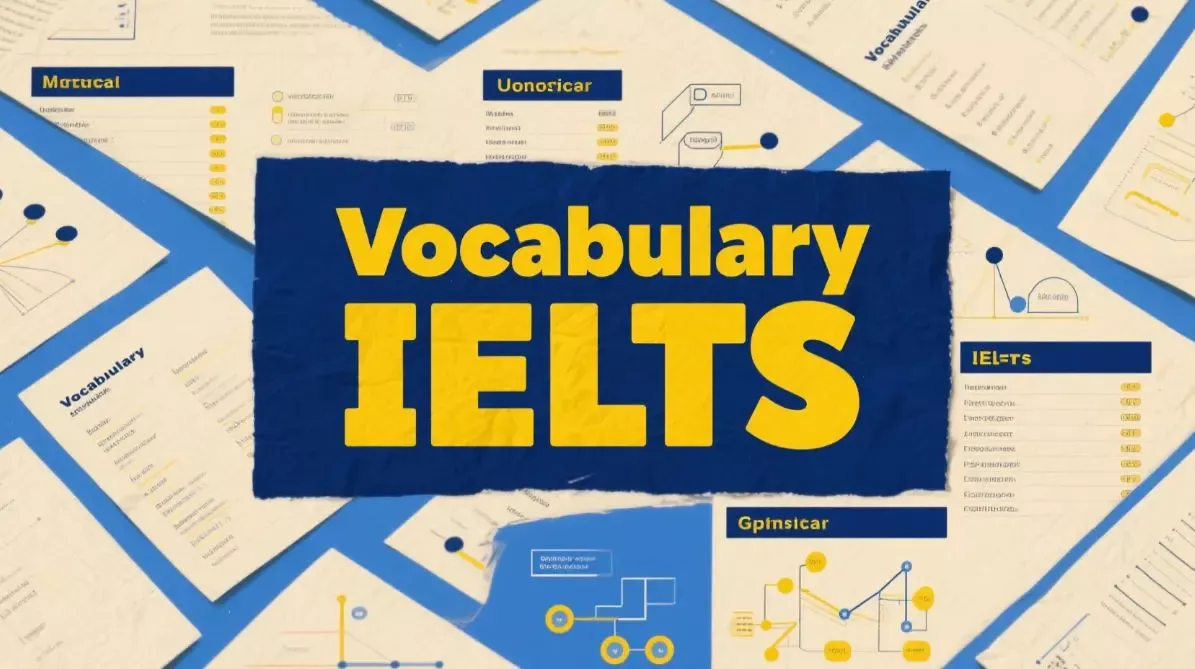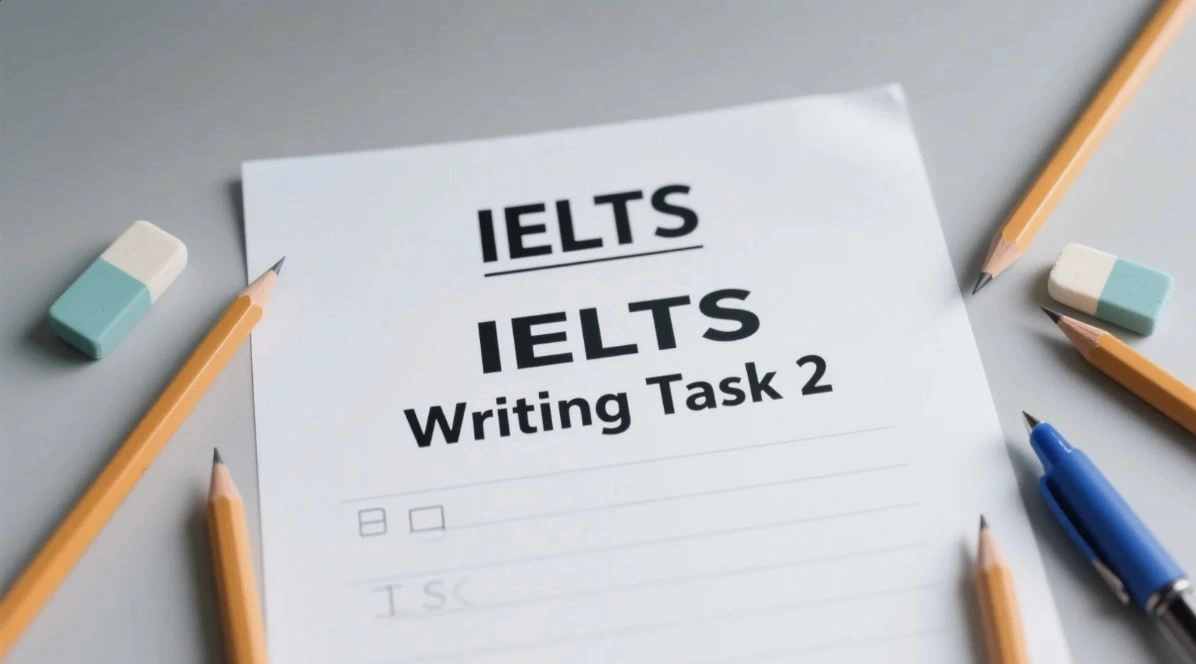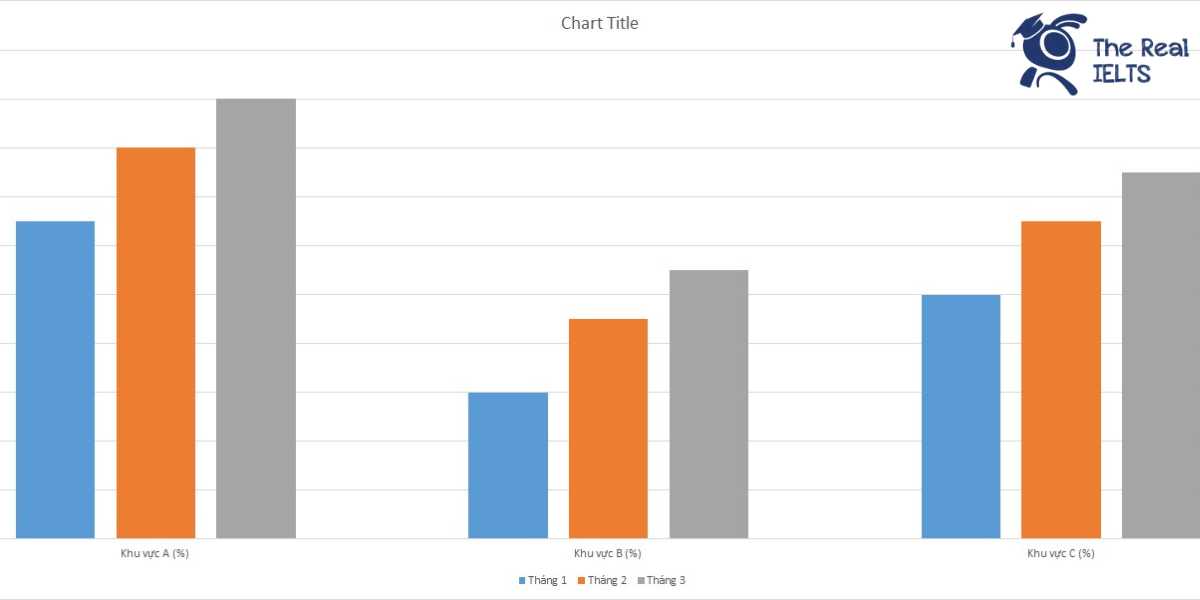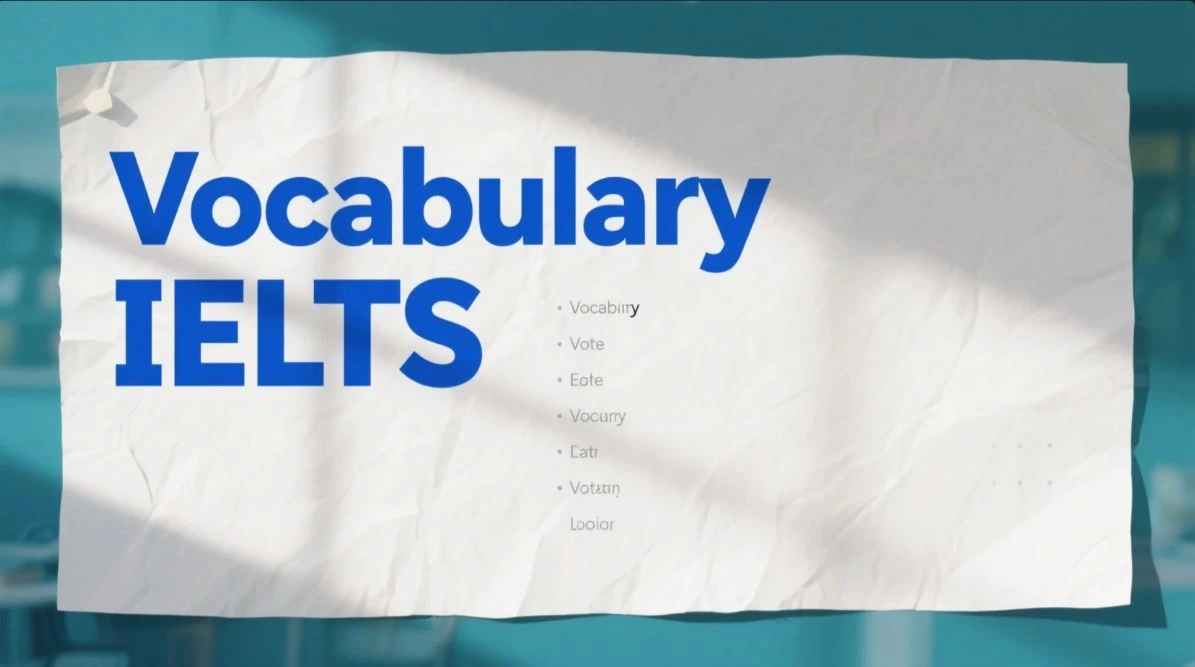Đề thi IELTS Reading có tiêu đề “The Benefits of Meditation and Mindfulness”
Nhớ đọc thêm các bài luyện thi IELTS nhé.
IELTS Reading:”The Benefits of Meditation and Mindfulness“
The Benefits of Meditation and Mindfulness
Meditation and mindfulness, ancient practices with roots in Eastern spiritual traditions, have gained widespread popularity in recent years due to their numerous health benefits. In today’s fast-paced world, where stress and anxiety levels are constantly rising, more people are turning to these techniques as a means to enhance their mental, emotional, and even physical well-being. Scientific studies have supported the effectiveness of these practices, showing that they offer a wide array of advantages for individuals from all walks of life.
One of the most well-known benefits of meditation and mindfulness is their ability to reduce stress. Modern life often brings a myriad of stressors, ranging from demanding work environments to financial concerns and social pressures. Meditation allows individuals to focus their attention, clear their minds, and release tension, resulting in lower levels of the stress hormone cortisol. Similarly, mindfulness—the practice of staying present and fully engaged in the moment—has been shown to help people cope with stress more effectively. By focusing on the present instead of worrying about the future or dwelling on the past, individuals can break the cycle of negative thinking patterns that often fuel anxiety.
In addition to stress reduction, meditation and mindfulness have also been linked to improvements in mental health. These practices can be highly effective in alleviating symptoms of depression and anxiety. Studies suggest that regular meditation can lead to significant reductions in feelings of hopelessness and emotional instability. Mindfulness-based cognitive therapy (MBCT), a form of psychological treatment combining mindfulness practices with cognitive behavioral therapy, has been particularly effective in preventing the relapse of depression. Furthermore, by practicing mindfulness, individuals can become more aware of their thoughts and feelings without being overwhelmed by them. This heightened awareness can improve emotional regulation, helping people respond to challenges in a calmer and more balanced way.
The benefits of these practices extend beyond mental health to enhance cognitive function as well. Meditation and mindfulness have been shown to improve focus, concentration, and memory. In an age where digital distractions are abundant, these practices can help individuals train their minds to stay focused on one task at a time, thus boosting productivity. Research has also indicated that mindfulness training can enhance working memory capacity, which is crucial for learning and problem-solving. Over time, these cognitive improvements can lead to better decision-making and greater mental clarity, both of which are essential for navigating the complexities of modern life.
Physical health is another area where the advantages of meditation and mindfulness have been observed. While these practices are often associated with mental and emotional well-being, they can also have a profound impact on the body. Regular meditation has been linked to lower blood pressure, improved heart health, and even a stronger immune system. Studies have shown that individuals who meditate regularly experience fewer illnesses and recover more quickly from them when compared to those who do not engage in these practices. Mindfulness, on the other hand, has been shown to reduce chronic pain and improve overall quality of life for individuals dealing with long-term health conditions.
One of the reasons why meditation and mindfulness are so effective is their ability to promote relaxation and a sense of inner peace. Unlike other forms of relaxation, such as watching television or listening to music, meditation allows individuals to quiet their minds and enter a state of deep relaxation. This not only rejuvenates the body but also helps individuals gain perspective on their lives, enabling them to approach challenges with a more positive and open mindset. Similarly, mindfulness encourages individuals to embrace the present moment with acceptance, which can foster feelings of gratitude and contentment.
Another key benefit of these practices is their ability to foster greater self-awareness and personal growth. Meditation encourages introspection, allowing individuals to explore their inner thoughts and emotions. This heightened self-awareness can lead to a deeper understanding of one’s values, desires, and motivations. Over time, this can result in a more authentic and purposeful way of living. Mindfulness, on the other hand, helps individuals become more attuned to their surroundings and the people around them. This can lead to stronger interpersonal relationships and a greater sense of empathy and compassion for others.
In conclusion, the benefits of meditation and mindfulness are vast and well-documented. From reducing stress and anxiety to improving cognitive function and physical health, these practices offer a wide range of advantages for those who incorporate them into their daily lives. As more people become aware of the positive impact that meditation and mindfulness can have on both their minds and bodies, it is likely that these practices will continue to grow in popularity across the globe. With their ability to promote relaxation, self-awareness, and emotional well-being, meditation and mindfulness are powerful tools for enhancing overall quality of life.
Đề bài thi IELTS Reading
Multiple Choice (Câu hỏi trắc nghiệm)
1. What is one of the main reasons people practice meditation today?
A. To gain spiritual enlightenment
B. To reduce stress and anxiety
C. To develop cognitive skills
D. To become more empathetic
2. What does mindfulness primarily focus on?
A. Forgetting the past
B. Concentrating on the present moment
C. Predicting the future
D. Blocking negative thoughts completely
3. According to the passage, which therapy is particularly effective for preventing depression relapse?
A. Meditation therapy
B. Cognitive behavioral therapy
C. Mindfulness-based cognitive therapy
D. Hypnotherapy
4. Which of the following is a physical benefit of regular meditation?
A. Increased blood pressure
B. Improved heart health
C. Higher levels of cortisol
D. Faster cognitive decline
5. How can mindfulness impact emotional regulation?
A. By helping people ignore their feelings
B. By increasing feelings of hopelessness
C. By improving emotional stability
D. By amplifying stress levels
True/False/Not Given (Xác định thông tin đúng/sai hoặc không được đề cập)
6. Meditation is only effective for people with specific spiritual beliefs.
True / False / Not Given
7. The passage states that meditation can strengthen the immune system.
True / False / Not Given
8. Mindfulness-based practices can help people become more aware of their thoughts without being controlled by them.
True / False / Not Given
9. The passage mentions that watching television is a form of deep relaxation.
True / False / Not Given
10. It is suggested that mindfulness can lead to better decision-making.
True / False / Not Given
Yes/No/Not Given (Xác định ý kiến hoặc quan điểm của tác giả)
11. The author believes that modern life is more stressful than it used to be.
Yes / No / Not Given
12. The author suggests that meditation should replace traditional medical treatments.
Yes / No / Not Given
13. The author views mindfulness as a practice that enhances personal growth.
Yes / No / Not Given
14. The passage implies that everyone can benefit from meditation, regardless of their background.
Yes / No / Not Given
15. The author believes that meditation leads to instant results in mental health improvement.
Yes / No / Not Given
Matching Information (Nối thông tin)
16-20. Match the following benefits with the practice they are associated with:
A. Meditation
B. Mindfulness
C. Both
16. Improving emotional regulation
17. Enhancing working memory capacity
18. Reducing cortisol levels
19. Preventing the relapse of depression
20. Increasing heart health
Matching Headings (Nối tiêu đề với đoạn văn)
21-25. Match the headings to the appropriate paragraphs:
A. Stress reduction through meditation
B. Mental health benefits of mindfulness
C. Physical benefits of meditation
D. Cognitive improvements linked to mindfulness
E. Self-awareness and personal growth through meditation
21. Paragraph 1
22. Paragraph 2
23. Paragraph 3
24. Paragraph 4
25. Paragraph 5
Matching Sentence Endings (Nối phần kết câu)
26-30. Complete the sentences by matching them with the correct endings:
A. reduces the risk of heart disease.
B. helps people stay focused on the present.
C. is linked to lower stress levels.
D. enhances cognitive functions such as memory.
E. fosters deeper personal introspection.
26. Meditation
27. Mindfulness
28. Regular meditation practice
29. Focusing on the present moment
30. Introspection through meditation
Sentence Completion (Hoàn thành câu)
31. The practice of mindfulness helps individuals avoid focusing on ________.
32. Research shows that meditation can lead to reduced levels of ________, the hormone associated with stress.
33. One physical benefit of meditation is that it can improve ________.
34. By enhancing self-awareness, meditation encourages individuals to live in a more ________ manner.
35. Studies suggest that mindfulness can increase ________ memory capacity.
Summary Completion (Hoàn thành đoạn tóm tắt)
36-40. Complete the summary below with the words from the passage:
Meditation and mindfulness are practices that can help people manage their mental and physical health. Meditation is particularly effective for reducing _______ (36), while mindfulness helps individuals stay _______ (37) and improve their _______ (38). Studies show that meditation can lower levels of _______ (39) and improve physical conditions such as _______ (40).
Đáp án bài thi IELTS Reading
Multiple Choice (Câu hỏi trắc nghiệm)
1. B. To reduce stress and anxiety
2. B. Concentrating on the present moment
3. C. Mindfulness-based cognitive therapy
4. B. Improved heart health
5. C. By improving emotional stability
True/False/Not Given (Xác định thông tin đúng/sai hoặc không được đề cập)
6. False
7. True
8. True
9. False
10. True
Yes/No/Not Given (Xác định ý kiến hoặc quan điểm của tác giả)
11. Yes
12. No
13. Yes
14. Yes
15. No
Matching Information (Nối thông tin)
16. B. Mindfulness
17. B. Mindfulness
18. A. Meditation
19. C. Both
20. A. Meditation
Matching Headings (Nối tiêu đề với đoạn văn)
21. A. Stress reduction through meditation
22. B. Mental health benefits of mindfulness
23. D. Cognitive improvements linked to mindfulness
24. C. Physical benefits of meditation
25. E. Self-awareness and personal growth through meditation
Matching Sentence Endings (Nối phần kết câu)
26. E. fosters deeper personal introspection.
27. B. helps people stay focused on the present.
28. A. reduces the risk of heart disease.
29. C. is linked to lower stress levels.
30. D. enhances cognitive functions such as memory.
Sentence Completion (Hoàn thành câu)
31. the past or future
32. cortisol
33. heart health
34. authentic and purposeful
35. working
Summary Completion (Hoàn thành đoạn tóm tắt)
36. stress
37. present
38. cognitive functions
39. cortisol
40. heart health
Luyện tập bài khác ở bài viết:”100 bài luyện IELTS Reading 2024 – 2025“















